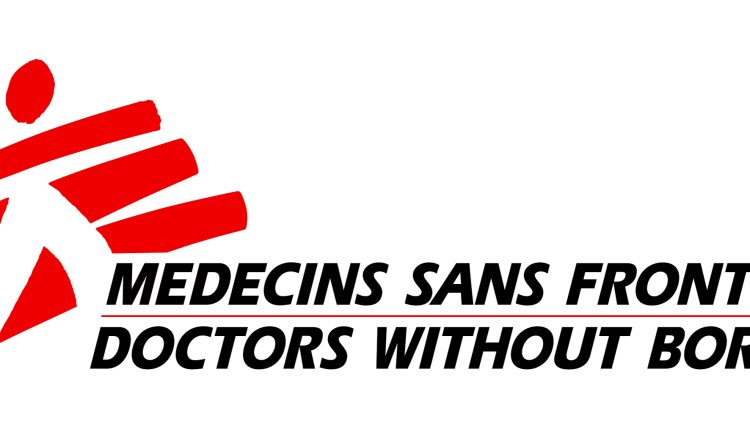Sudan: Médecins sans frontières (MSF) returns to Khartoum’s Bashair Teaching hospital amidst soaring cholera needs
Exactly two years after Médecins Sans Frontières (MSF) first worked in south Khartoum’s Bashair Teaching hospital, Sudan, our team is again joining the hospital’s Ministry of Health staff in partnership to meet people’s immense needs. MSF suspended activities at the hospital in January 2025 after repeated violent incidents. Our initial focus will be the worrying and growing cholera outbreak.
“Our team in Bashair Teaching hospital has been working to ensure that the 20-bed cholera treatment unit is ready to receive patients. Training for over 60 hospital staff members has been completed, and cholera-related medical supplies have arrived at the hospital,” says Slaymen Ammar, MSF medical coordinator for Sudan. “The war has had a devastating impact on people’s access to healthcare. The population in many localities within the capital, including south Khartoum, still don’t have the needed access to essential, life-saving healthcare.”
“Restarting and expanding critical health services in Bashair Hospital and beyond can’t wait – it was needed yesterday,” says Ammar.
Like many health facilities in Khartoum and across Sudan, Bashair Teaching hospital stopped functioning when war first broke out in April 2023. A few weeks later, medics and volunteers reopened it to ensure the community could still access healthcare. An MSF surgical and medical team joined them on 9 May 2023, enabling the hospital to provide surgery alongside emergency medical care. In the first five weeks of working there, the emergency room saw more than 1,000 patients, over 900 of them with trauma-related injuries.
For 20 months, MSF teams worked alongside volunteers and medical staff to provide healthcare to people trapped in violence and devastation in south Khartoum. During this time, we continuously saw desperately injured and ill patients flocking to the hospital, demonstrating the significant needs in this part of Khartoum. In August 2023, for example, MSF and the Bashair Teaching hospital team treated more than 200 people in two days in successive mass influxes of wounded after bombings nearby. When the maternity department reopened the following month, 40 babies were delivered in the first two weeks, including seven by caesarean section.
Over the past two years, MSF has had to suspend activities several times. In 2023, a ban on the transport of surgical supplies to Khartoum forced a stop to all surgical activities – including caesarean sections and trauma care – for several months. In November and December 2024, violent incidents, including the killing of a patient in the hospital, led MSF to suspend temporarily. When armed men again entered the hospital in January 2025, MSF made the difficult decision to suspend all activity at the hospital.
The situation in Khartoum is significantly calmer now but many hospitals and healthcare facilities have been damaged or closed because of the war and are not fully functional. In addition to restarting work in Bashair Teaching hospital, MSF is providing general healthcare through mobile clinics in central and south Khartoum, and we are preparing to restart other medical activities in various parts of the city and state. MSF also continues to support medical activities in Omdurman, at Al Buluk hospital and Al Nao hospitals, where we run a cholera treatment unit, in addition to other activities aiming to improve water and sanitation services in the area.
“The needs in Khartoum remain immense. The current cholera outbreak is only one of the challenges facing people still living in Khartoum or returning from other parts of the country,” says Claire San Filippo, MSF emergency coordinator for Sudan. “Humanitarian assistance must be scaled up, access facilitated and medical care protected to ensure that all those who need it, in Khartoum and in the rest of Sudan, can access healthcare.”
Distributed by APO Group on behalf of Médecins sans frontières (MSF).



